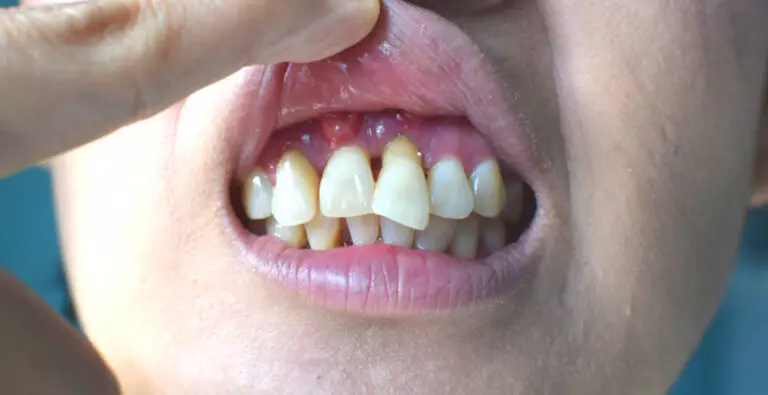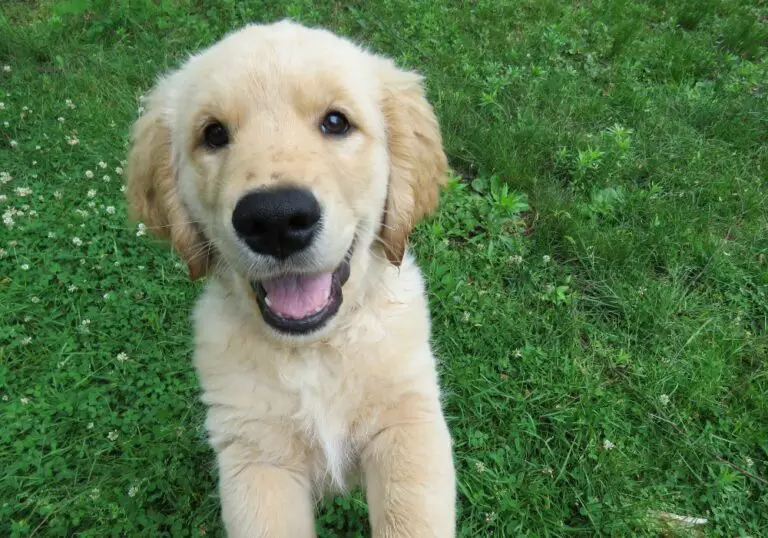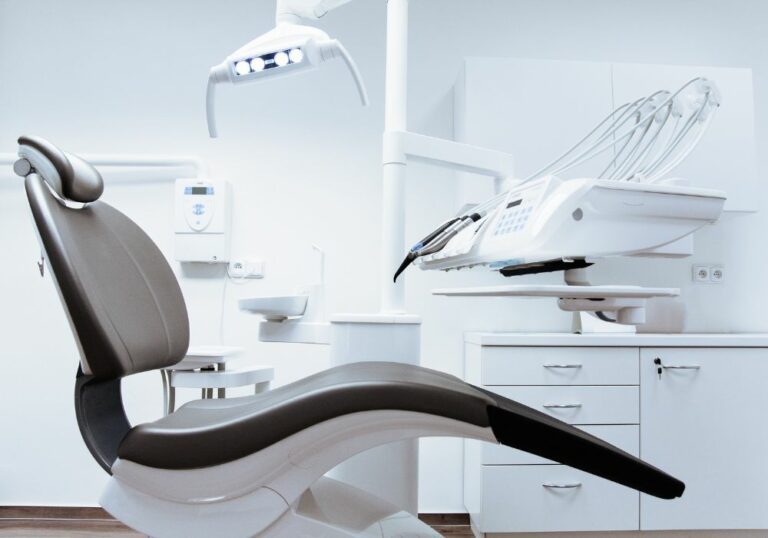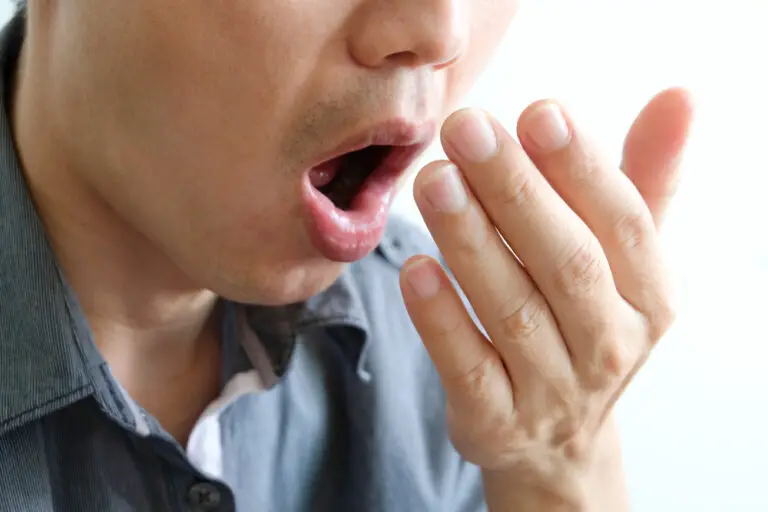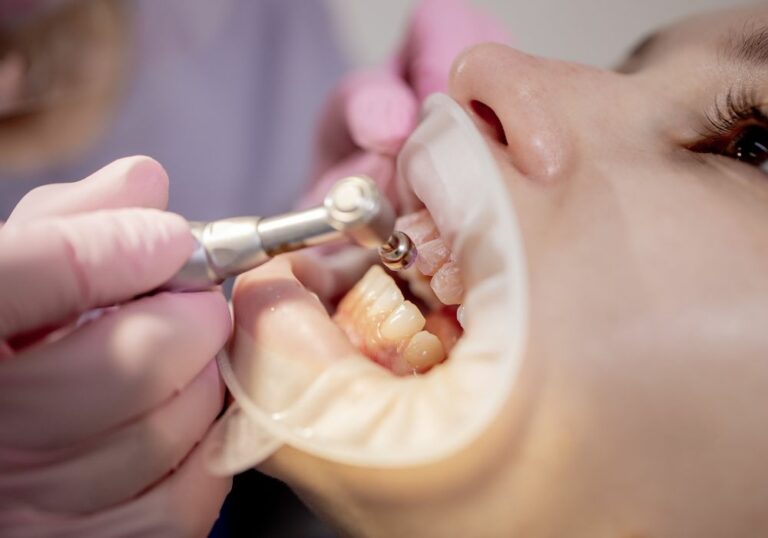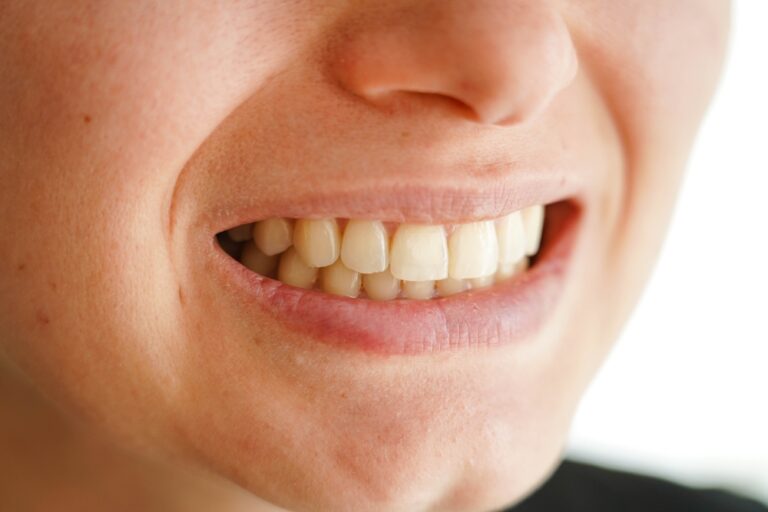Are you recovering from wisdom teeth removal and wondering if you can start eating rice on the 5th day after surgery? The answer is, it depends. While rice is a soft food that is easy to chew and promotes healing, it can also get stuck in the extraction site, increasing the risk of infection. Therefore, it’s important to follow your dentist’s instructions and wait until your extraction site has fully healed before adding rice to your diet.
When it comes to eating rice after wisdom teeth removal, there are a few factors to consider. The type of rice, the method of cooking, and the healing process of your extraction site can all affect when you can safely eat rice again. It’s important to stick to soft and liquid foods during the first few days after surgery and gradually introduce solid foods as your mouth heals. Your dentist may also recommend rinsing your mouth with salt water or using a syringe to clean the extraction site after meals to prevent infection.
Overall, while rice can be a nutritious and easy-to-chew food option after wisdom teeth removal, it’s important to proceed with caution and follow your dentist’s instructions. With proper care and patience, you’ll be able to enjoy your favorite foods again in no time.
Understanding Wisdom Teeth Removal
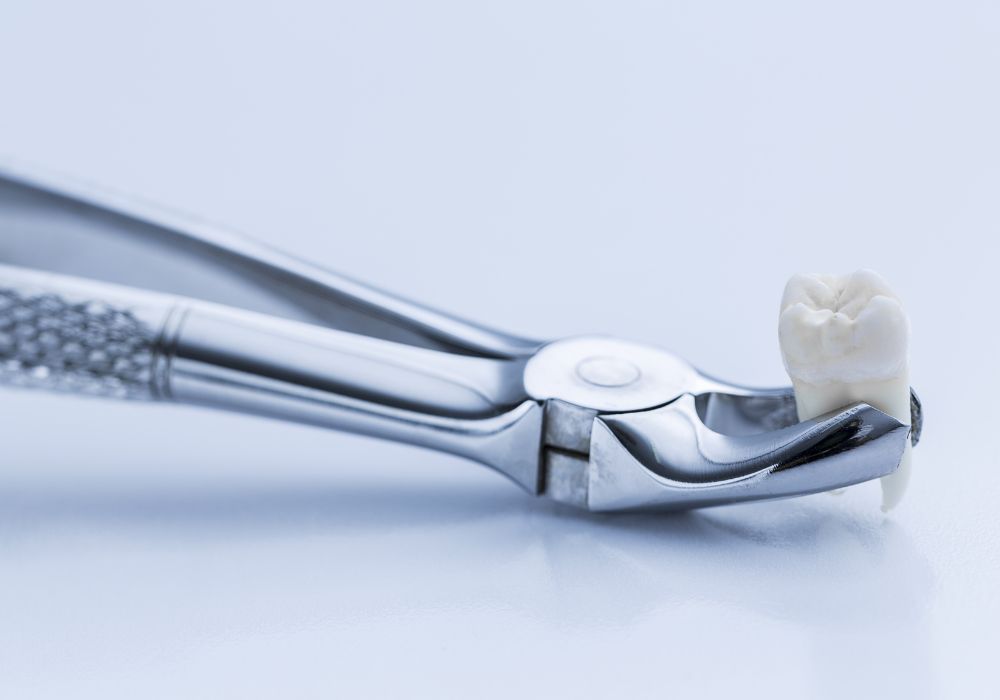
Why Wisdom Teeth are Removed
Wisdom teeth are the last set of molars to emerge in the back of your mouth, usually between the ages of 17 and 25. While some people have enough space in their mouth for these teeth to grow in normally, others experience problems such as impaction, infection, or damage to adjacent teeth. In such cases, a dental professional may recommend wisdom teeth removal.
The Removal Process
Wisdom teeth removal is a common outpatient procedure that can be performed under local anesthesia, sedation, or general anesthesia depending on the complexity of the case and the patient’s preference. The procedure involves making an incision in the gums to access the tooth and then extracting it using forceps or a surgical drill. After the tooth is removed, the dentist or oral surgeon will place a gauze pad over the socket to control bleeding and promote clotting.
The recovery period after wisdom teeth removal can vary from a few days to a week or more depending on the individual’s age, health, and the extent of the surgery. During this time, it is important to follow your dentist’s instructions carefully to avoid complications such as dry socket, infection, or delayed healing. This may include taking pain medication, using ice packs to reduce swelling, and avoiding hard, crunchy, or spicy foods that could irritate the extraction site.
In summary, wisdom teeth removal is a routine dental procedure that can help prevent oral health problems in the future. If you are experiencing pain or discomfort in your back teeth, or if your dentist has recommended wisdom teeth removal, it is important to understand the process and follow the post-operative instructions to ensure a smooth and successful recovery.
Post-Surgery Care
After having your wisdom teeth removed, it is important to take proper care of yourself to ensure a smooth and speedy recovery. This includes following the proper aftercare instructions provided by your dentist or oral surgeon.
Immediate Aftercare
Immediately following your surgery, it is important to rest and allow your body to heal. You may experience some swelling and discomfort, which can be managed with ice packs and pain medication as prescribed by your dentist or oral surgeon.
In terms of diet, it is recommended to stick to soft, cool foods for the first few days after surgery. This can include foods such as yogurt, mashed potatoes, smoothies, and soup. It is important to avoid hot foods and drinks, as well as crunchy or chewy foods that can irritate the surgical site.
It is also important to keep your mouth clean to prevent infection. Your dentist or oral surgeon may recommend rinsing your mouth with salt water or a prescribed mouthwash, as well as brushing your teeth gently.
Long Term Healing
As you continue to heal, you can gradually introduce more solid foods back into your diet. However, it is important to still avoid hard, crunchy, or sticky foods that can damage the surgical site.
In addition, it is important to attend follow-up appointments with your dentist or oral surgeon to ensure proper healing and address any concerns or complications.
Overall, proper post-surgery care is crucial for a successful recovery after wisdom teeth removal. By following these guidelines and listening to your dentist or oral surgeon’s instructions, you can ensure a smooth and speedy healing process.
Dietary Guidelines After Surgery

After having your wisdom teeth removed, it is essential to follow a proper diet to ensure a speedy recovery. A healthy diet can help you avoid complications and promote healing. Here are some dietary guidelines to follow after wisdom teeth removal.
Initial Days Diet
During the first few days after surgery, it is best to stick to a liquid or soft food diet. This will help prevent any damage to the surgical site and reduce the risk of infection. Here are some foods you can eat during this period:
- Soups and broths (chicken, beef, or vegetable)
- Smoothies and milkshakes
- Yogurt and pudding
- Applesauce and mashed bananas
- Oatmeal and cream of wheat
It is important to avoid hot foods and drinks during this period as they can cause bleeding and discomfort. You should also avoid using a straw as the sucking motion can dislodge the blood clot and delay healing.
Transitioning to Solid Foods
After the first few days, you can slowly start to introduce solid foods back into your diet. However, it is important to chew on the opposite side of your mouth to avoid putting pressure on the surgical site. Here are some foods you can eat during this period:
- Soft fruits (bananas, peaches, and melons)
- Cooked vegetables (carrots, sweet potatoes, and green beans)
- Scrambled eggs and soft cheese
- Pasta and rice (fully cooked and soft)
It is important to avoid hard, crunchy, and sticky foods during this period as they can damage the surgical site and cause discomfort. You should also continue to avoid hot foods and drinks until you have fully healed.
By following these dietary guidelines, you can ensure a speedy recovery and avoid complications after wisdom teeth removal. Remember to consult with your dentist or surgeon if you have any questions or concerns about your diet.
Eating Rice on the 5th Day
By the fifth day after wisdom teeth removal, you may be craving some solid food, and rice can be a great option. Rice is a soft food that is easy to chew, making it a good choice for those who are still experiencing discomfort. However, there are some things to keep in mind when eating rice on the fifth day after surgery.
Firstly, make sure that the rice is thoroughly cooked and soft. Hard or undercooked rice can be difficult to chew and may cause discomfort. Additionally, be sure to avoid any rice dishes that contain hard or crunchy ingredients, such as nuts or vegetables with a firm texture.
It is also important to avoid any spicy or acidic sauces or seasonings that may irritate the extraction site. Stick to simple, mild-flavored rice dishes, such as plain white rice or rice cooked with a small amount of broth or butter.
When preparing rice, it is important to follow food safety guidelines to prevent the growth of harmful bacteria. Cooked rice should be stored in the refrigerator and consumed within 3-4 days. If you are unsure about the safety of your rice, it is best to err on the side of caution and discard it.
In summary, rice can be a good option for those looking for a soft food to eat on the fifth day after wisdom teeth removal. Just be sure to choose soft, well-cooked rice dishes without any hard or crunchy ingredients, and avoid spicy or acidic seasonings. Remember to follow food safety guidelines and discard any rice that may be unsafe to eat.
Potential Risks and Complications

While eating rice after wisdom teeth removal is generally safe, there are still potential risks and complications that you should be aware of. Some of these risks include:
- Pain: Eating rice can cause pain or discomfort, especially if the rice gets stuck in the extraction site.
- Infection: Rice can easily get stuck in the extraction site, which can increase the risk of infection.
- Dry socket: This is a condition that occurs when the blood clot that forms in the extraction site is dislodged or dissolves before the wound has a chance to heal. Eating rice can increase the risk of dry socket.
- Bleeding: If the extraction site is still bleeding, eating rice can dislodge the blood clot and cause bleeding to start again.
To minimize these risks, it’s important to follow your dentist’s instructions for post-operative care. This includes avoiding hard, crunchy, or sticky foods for the first few days after your surgery. You should also rinse your mouth gently with salt water after meals to help keep the extraction site clean.
If you experience any pain, swelling, or bleeding after eating rice or any other food, contact your dentist immediately. They may recommend additional treatment or medication to help manage your symptoms and promote healing.
Consulting with Your Dentist
After wisdom teeth removal, it’s important to consult with your dentist to ensure proper healing and recovery. Your dentist will provide you with specific instructions on what to do and what not to do after the procedure. They will also give you a list of foods that are safe to eat and those that you should avoid.
During your consultation, you should ask your dentist about when it’s safe to eat rice after wisdom teeth removal. They will likely recommend waiting at least a week before consuming rice or any other hard or crunchy foods. This is because these types of foods can irritate the extraction site and delay the healing process.
Your dentist may also recommend a soft food diet for the first few days after the procedure. Soft foods are easier to chew and swallow, which reduces the risk of damaging the extraction site. Some examples of soft foods that are safe to eat after wisdom teeth removal include:
- Yogurt
- Smoothies
- Pudding
- Soups
In addition to dietary recommendations, your dentist may also prescribe pain medication or antibiotics to help manage any discomfort or prevent infection. It’s important to follow your dentist’s instructions carefully to ensure a smooth and speedy recovery.
If you experience any unusual symptoms or complications after wisdom teeth removal, such as excessive bleeding or swelling, contact your dentist immediately. They will be able to assess your condition and provide additional treatment if necessary.
Remember to take it easy and give your body time to heal after wisdom teeth removal. With proper care and attention, you can enjoy a speedy recovery and get back to your normal routine in no time.
Frequently Asked Questions
What are some soft food options for day 5 after wisdom teeth removal?
On day 5 after wisdom teeth removal, you should still stick to soft foods that do not require much chewing. Some good options include mashed potatoes, scrambled eggs, smoothies, soup, and yogurt. Remember to avoid hot or spicy foods that could irritate your extraction site.
Can I include rice in my soft food diet after wisdom teeth removal?
While rice is a soft food, it is not recommended to eat on day 5 after wisdom teeth removal. Rice can easily get stuck in the extraction site, which can increase your risk of infection. It is best to wait until your extraction site is fully healed before eating rice.
Can I eat pasta on day 5 after wisdom teeth removal?
Pasta can be a good option for day 5 after wisdom teeth removal, as long as it is soft and easy to chew. Try cooking your pasta until it is very soft and then mixing it with a sauce or broth to make it easier to eat.
Is it safe to eat fried rice after wisdom teeth removal?
Fried rice is not recommended on day 5 after wisdom teeth removal. The rice can easily get stuck in the extraction site, and the fried aspect of the dish can be too hard to chew. Stick to soft foods that are easy to eat and digest.
What are some other foods I can eat after wisdom teeth removal?
In addition to the soft foods mentioned earlier, you can also try eating mashed sweet potatoes, oatmeal, pureed fruits, and smoothies with protein powder. Remember to avoid any foods that are hard, crunchy, or require a lot of chewing.
Can I eat beans on day 5 after wisdom teeth removal?
Beans can be a good source of protein, but they may be too difficult to chew on day 5 after wisdom teeth removal. If you want to include beans in your diet, try blending them into a soup or puree to make them easier to eat.

